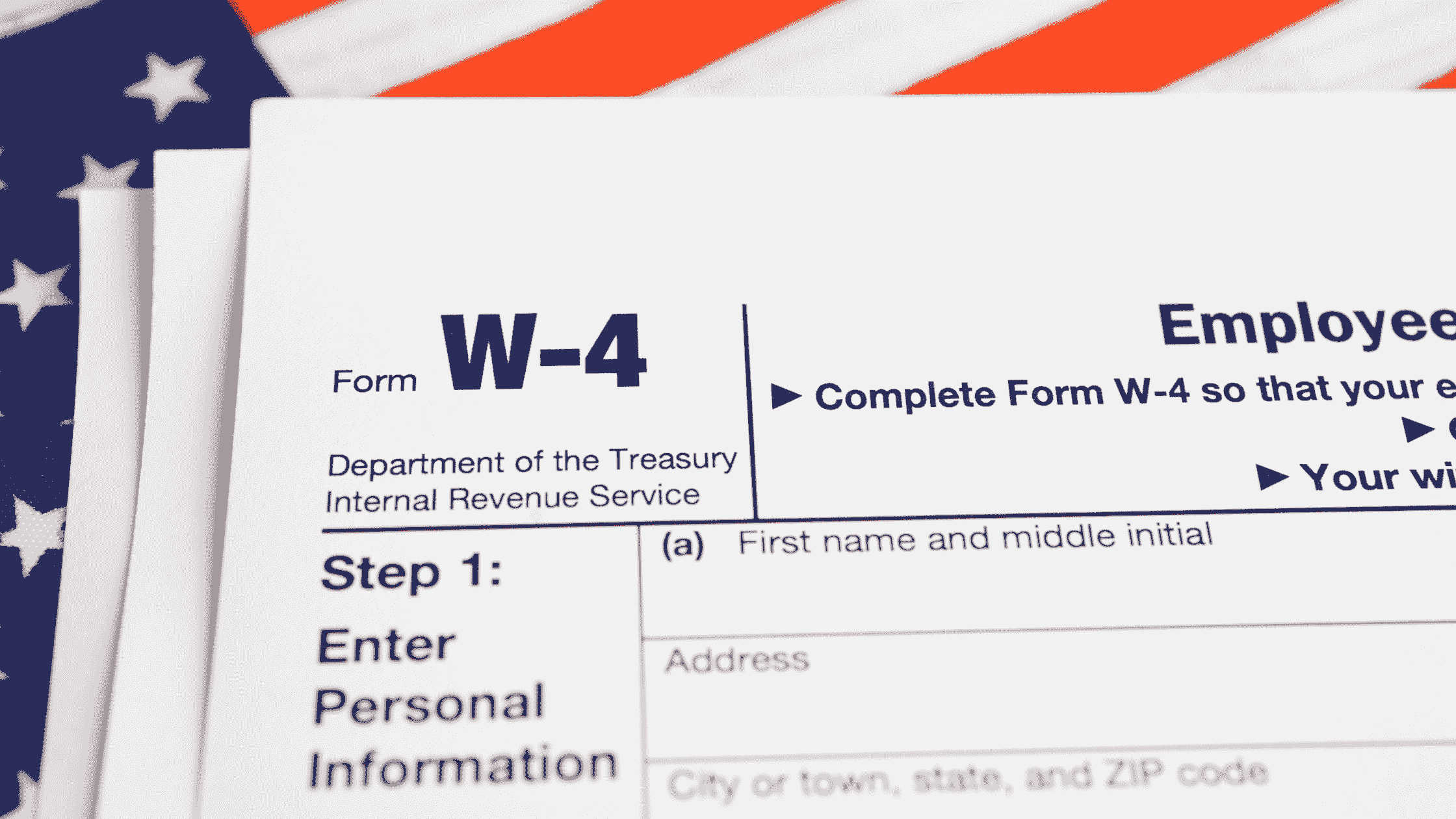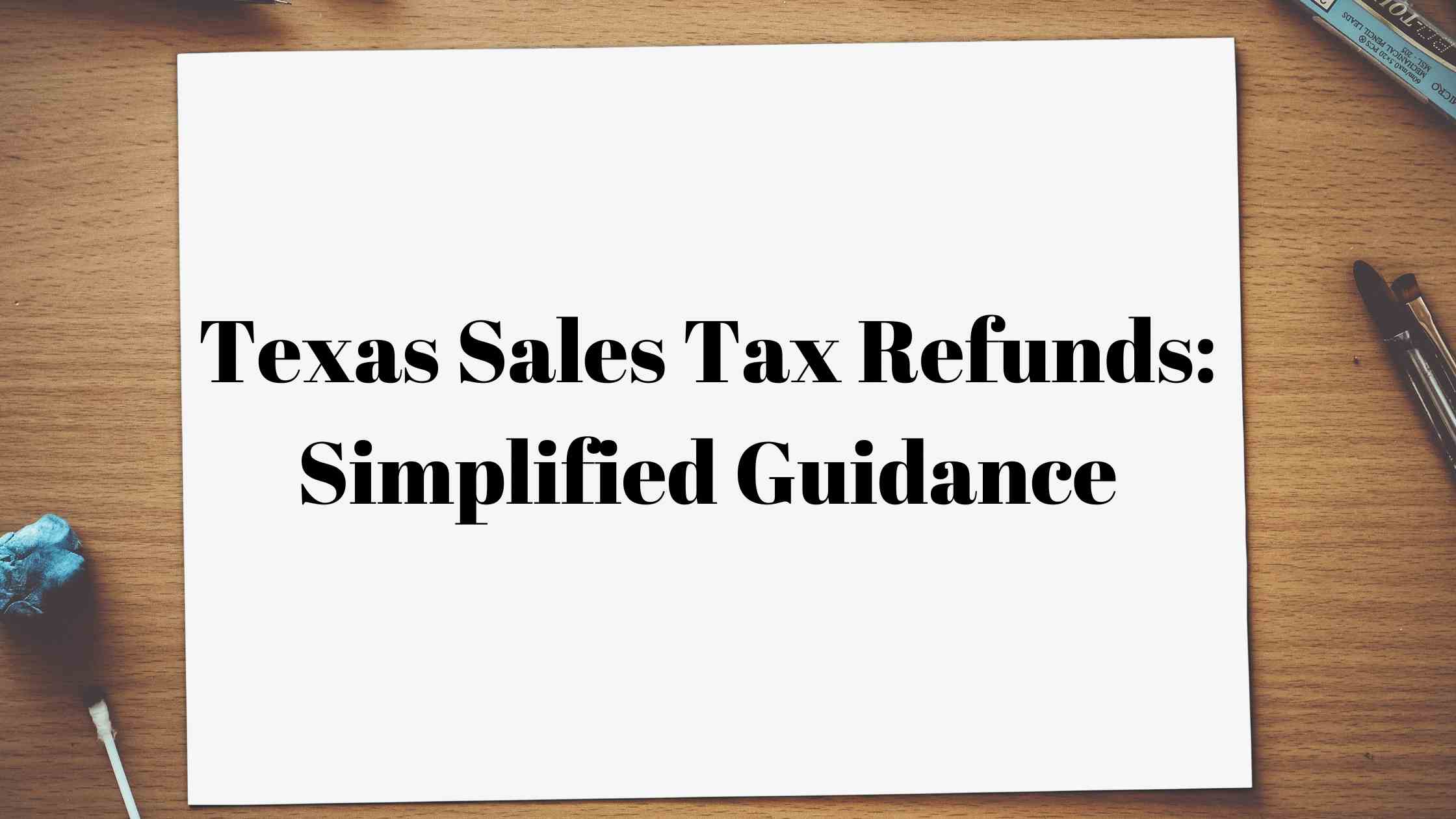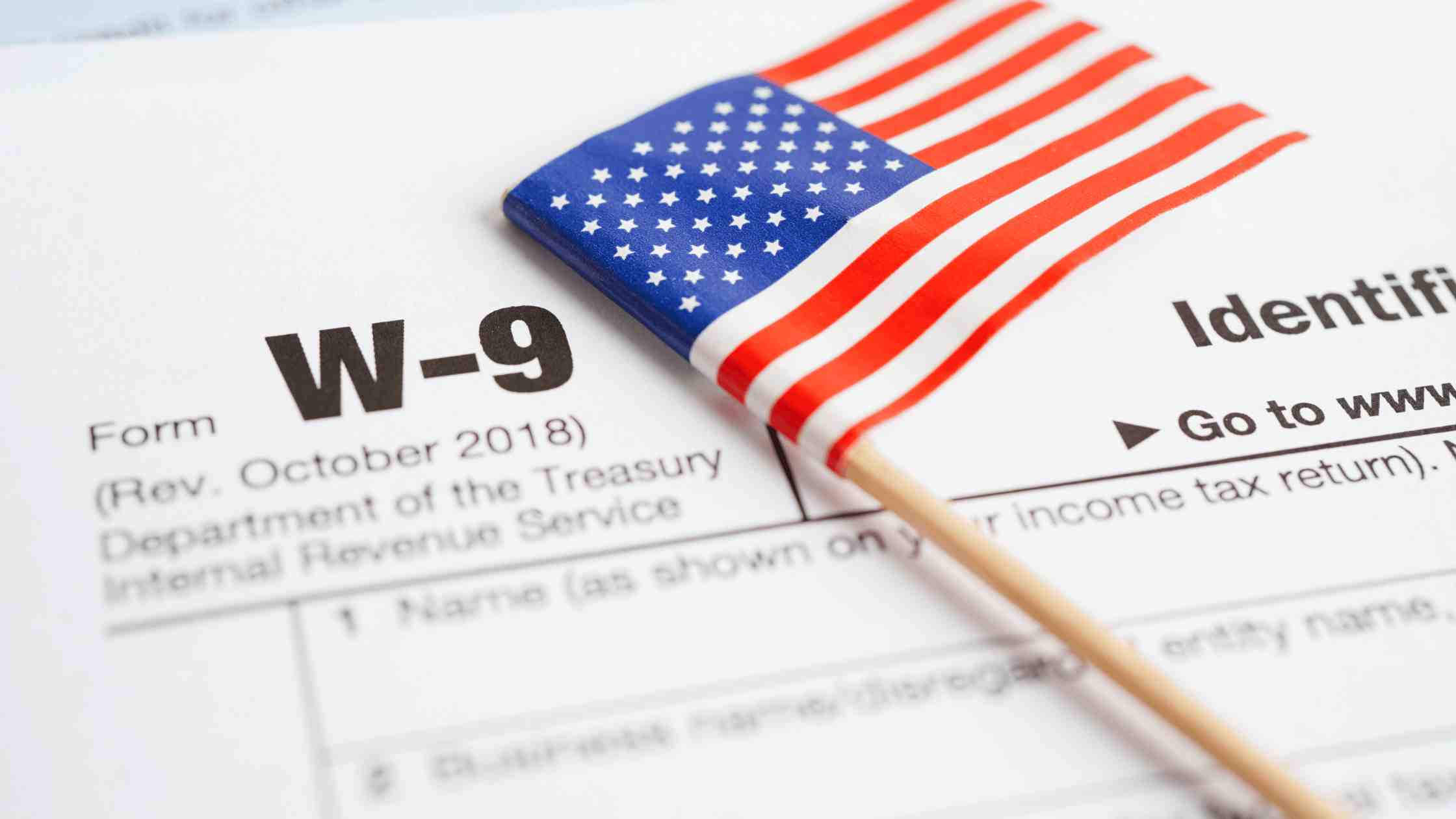In the fast-paced world of e-commerce, drop shipping has emerged as a popular model for entrepreneurs seeking low overhead and flexibility. However, amidst the excitement of building your online empire, it’s crucial not to overlook the less glamorous but equally vital aspect: sales tax compliance.
In this post, we have gathered the fundamental principles governing sales tax for drop shipments, along with strategies for adhering to tax regulations in key global markets.
Define the Term Drop Shipping?
It stands as an e-commerce strategy enabling online entrepreneurs to market products under their business name, devoid of the need to possess or physically stock the merchandise.
Instead, upon a customer’s purchase, the business owner proceeds to place an order with a third-party supplier, typically a wholesaler or manufacturer. Subsequently, the third-party supplier fulfills the order by directly shipping it to the customer, assuming the role of the drop shipper.
Drop shipping may appear straightforward until considerations about sales tax arise. It introduces a complex array of potential scenarios regarding the responsibility for collecting sales tax, particularly when the buyer, seller, and drop shipper operate across multiple states.
Is Drop Shipping Permissible in 2024?
“Indeed, drop shipping is permissible! Ensuring compliance with local, national, and international regulations applicable to online retailing safeguards your business and minimizes personal liability. Consider consulting a legal professional to draft contracts with your dropshipping suppliers, delineating legal responsibilities during various transaction stages—sales, shipping, and customer usage.”
Typically, there are four legal aspects to ponder when establishing your drop shipping enterprise:
- Ensure compliance with copyright laws by verifying that you’re not purchasing counterfeit goods. Doing so will help your business steer clear of copyright infringements and the associated legal repercussions.
- Even if you don’t produce the items, your online store must comply with consumer protection laws to guarantee the quality and safety of shipped goods. Neglecting this could result in lawsuits. Consider obtaining product liability insurance.
- Adhere to truth in advertising laws, ensuring your marketing accurately reflects the products, regardless of their source. Misleading customers can result in legal repercussions and damage your seller reputation.
- Tax and licensing regulations necessitate the collection and remittance of sales tax and income tax, akin to any business. Certain states may mandate registration for a seller’s or sales tax permit based on your location.
Legal Responsibilities Associated with Drop Shipping
- Beware of unreliable suppliers. While uncommon in our experience, some may sell fraudulent or trademarked goods illegally. Such actions can jeopardize your business. Ensure careful supplier selection and consider a Dropshipping Agreement Contract.
- Non-compliance with sales tax rules can lead to significant issues. With two purchases involved—one by the customer from the retailer and another by the retailer from the supplier—clarifying sales tax obligations becomes crucial.
Are you required to remit sales tax to your suppliers?
Sales tax, VAT, and GST represent various forms of consumption tax imposed on goods and services. Each country selects its preferred method, whether a flat rate per transaction or a percentage of the total value. As an online business owner, you must comply with the specific requirements of each type.
Regardless of the type, the end customer bears the tax burden as the actual consumer of the product. These taxes are levied on personal purchasing and spending.
In drop shipping, the key question revolves around who is responsible for collecting consumption tax from the end customer: the retailer or the drop shipper handling the order delivery.
Typically, you aren’t obligated to pay sales tax on orders placed with your suppliers. This is due to a common exemption for purchases meant for resale. However, your business must possess an official exemption certificate to benefit from this exemption.
Exemption certificates for sales tax
Exemption Certificates are also known as resale certificates, these documents vary in their regulations across states. Some states only recognize certificates issued within their jurisdiction, while others accept multistate certificates.
- The Multistate Tax Commission: Offers a blanket sales tax exemption certificate, acknowledged by 38 states.
- Streamlined Sales and Use Tax Agreement (SSUTA): Registration under SSUTA allows acceptance of a single Streamlined exemption certificate in every member state.
Resale certificates may not be accepted by all vendors.
Upon purchasing from the supplier, it’s essential to furnish your full exemption certificate. Doing so exempts you from sales tax charges. However, note that not all suppliers accept resale certificates, as some aim to deter resellers from purchasing their products and primarily due to the potential liability for unpaid sales tax in case of fraudulent certificates. Thus, verify beforehand.
Tax Implications in Drop Shipping Situations
In this shipping model, multiple parties are engaged, including resellers, retailers, suppliers, or third-party vendors. These associations significantly influence the implications of sales tax. Exploring several scenarios can provide a clearer understanding of these dynamics.
- Reseller without Nexus: When a reseller lacks a presence (nexus) in the state where the customer resides, they typically are not required to collect sales tax.
- Reseller with Nexus: Conversely, if a reseller has a presence in the customer’s state, they are legally obligated to collect sales tax on transactions within that state.
- Resale Exemptions: In some cases, retailers can claim resale exemptions. This occurs when a retailer purchases goods from a supplier or third-party vendor and resells them to end customers. In this scenario, retailers need to provide resale exemption certificates to their suppliers, exempting them from paying sales tax.
In conclusion, navigating the sales tax regulations in dropshipping requires a comprehensive understanding of the various scenarios and stakeholders involved.
Whether you’re a reseller, retailer, supplier, or third-party vendor, understanding your nexus status and the corresponding tax obligations is crucial.
By staying informed and proactive, businesses can ensure compliance with sales tax regulations while maximizing their opportunities in the dynamic world of drop shipping.
Disclaimer:
The information provided in this content is for general informational purposes only. You should always seek the advice of an expert before making any decisions based on the information provided. We do not warrant or guarantee the accuracy, completeness, or usefulness of the information provided. Any reliance you place on such information is strictly at your own risk. We are not responsible for any damages, losses, or expenses related to the use of this content.
Related Blog :
TEXAS FRANCHISE TAX: WHAT NEW BUSINESSES NEED TO KNOW
TEXAS SALES TAX BASICS: WHAT EVERY BUSINESS OWNER SHOULD KNOW








